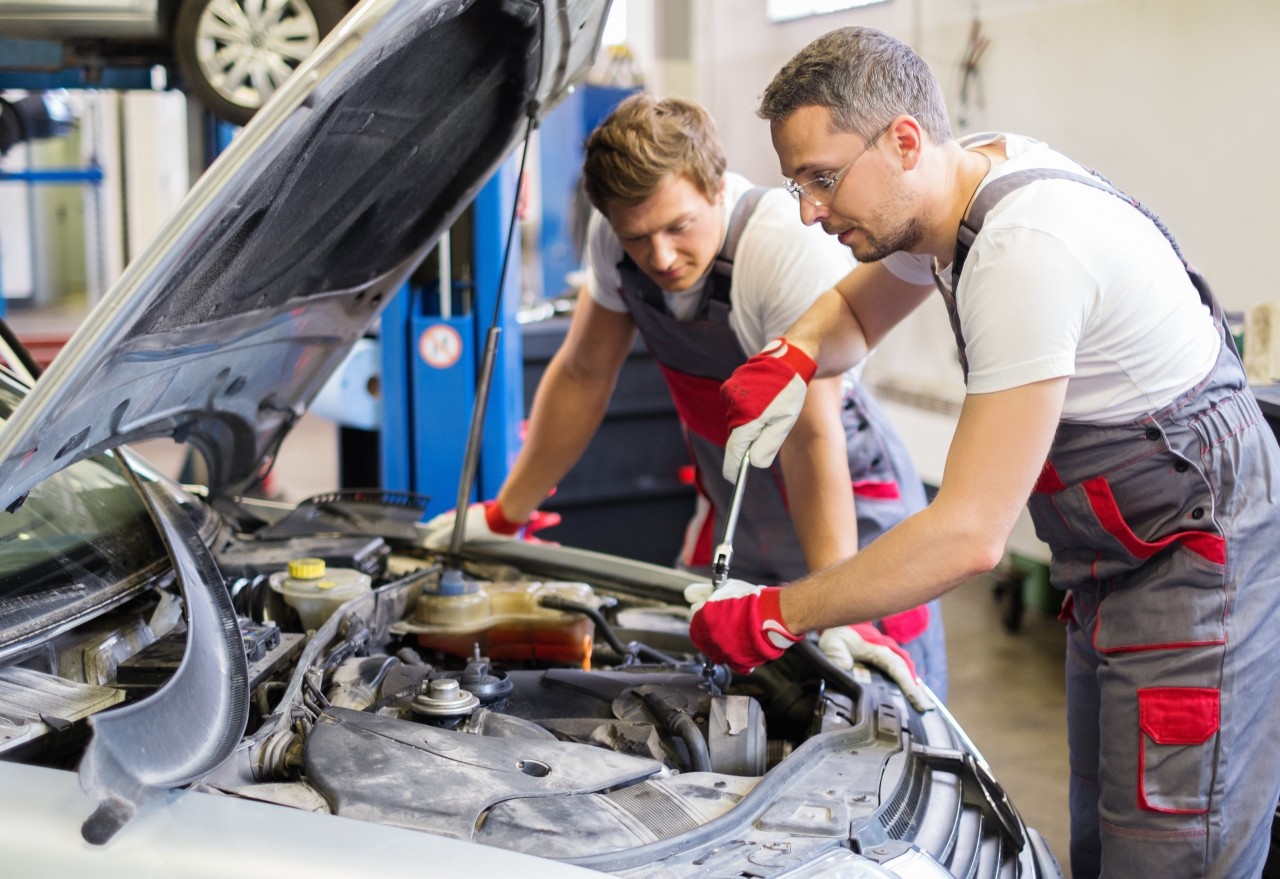All Categories
Featured

[/image]
Routine auto maintenance is an important part of vehicle possession, but determining exactly how commonly to schedule these check-ups can sometimes be perplexing. Whether you drive a new car or a high-mileage vehicle, remaining on top of upkeep makes certain safety, ideal efficiency, and a longer lifespan for your cars and truck. In this article, we'll check out the variables that affect service periods and how you can establish a timetable that helps you.

- Producer's Guidelines: Your Very First Reference Factor. Every vehicle includes an individual handbook, that includes the manufacturer's advisable solution intervals. These standards are customized particularly to your vehicle design and its elements. Common suggestions consist of:
Oil changes: Every 5,000 to 10,000 miles or 6-12 months, relying on whether you make use of conventional or synthetic oil. Tire rotations: Every 5,000 to 7,500 miles to guarantee also put on and lengthen tire life. Significant solutions: At milestones like 30,000, 60,000, or 100,000 miles, which may consist of timing belt replacements, coolant purges, and transmission servicing. Staying with the manufacturer's routine aids maintain your automobile's performance and keeps its service warranty legitimate.
- Driving Conditions Issue. Just how and where you drive dramatically impacts how frequently your vehicle requires maintenance. Automobiles made use of under "serious driving conditions" might need more frequent maintenance. These conditions consist of:
Constant short journeys under 10 miles. Driving in heavy stop-and-go website traffic. Operating in severe temperatures (warm or cool) Traveling on dirty, sloppy, or unequal roadways. If any one of these apply to your day-to-day commute, consider scheduling more regular oil adjustments and evaluations to stop deterioration. 3. Modern Characteristics: Monitoring Your Cars and truck's Wellness. Several modern-day automobiles are geared up with onboard diagnostics and maintenance reminder systems. These features check your lorry's problem in real time and alert you when it's time for maintenance. Take notice of these signals, as they are based on factors like gas mileage, engine performance, and oil problem.
- Seasonal Upkeep: Be All Set Year-Round. Modifications in weather can impact your car's performance, so scheduling seasonal exams is an excellent technique.
Before winter, ensure your battery, tires, and heating unit are in excellent condition to take care of cooler temperatures. Before summertime, check your cooling system, air conditioning, and liquids to avoid overheating. Seasonal upkeep keeps your vehicle reputable and prepared for changing problems.
- Indicators Your Automobile Demands Immediate Interest. Often, your auto might require servicing before the arranged interval. Watch for the following indication:
Weird noises, such as grinding or screeching. Reduced gas efficiency. Dashboard warning lights, including the check engine light. Difficulty starting the vehicle or stalling. Dealing with these problems promptly can conserve you from pricey repair services later.
- Advantages of Remaining Regular. Routine servicing isn't almost adhering to a timetable-- it's an investment in your vehicle's future. It assists:
Maintain you and your passengers secure. Make best use of gas efficiency. Protect against costly break downs. Expand the life of your car. Increase resale worth by keeping a comprehensive solution record. Final thought. Exactly how commonly should you service your cars and truck? The solution depends on your cars and truck's make, your driving routines, and ecological problems.
Latest Posts
Check Out Outstanding Car Repair Care from Montclare Auto Repair – Keep Your Car Running Smoothly
Discover the Best Auto Repair Coupons in Montclare, Chicago
Discover WyHy FCU – The Key to Superior Financial Services in Wyoming
More
Latest Posts
Check Out Outstanding Car Repair Care from Montclare Auto Repair – Keep Your Car Running Smoothly
Discover the Best Auto Repair Coupons in Montclare, Chicago
Discover WyHy FCU – The Key to Superior Financial Services in Wyoming